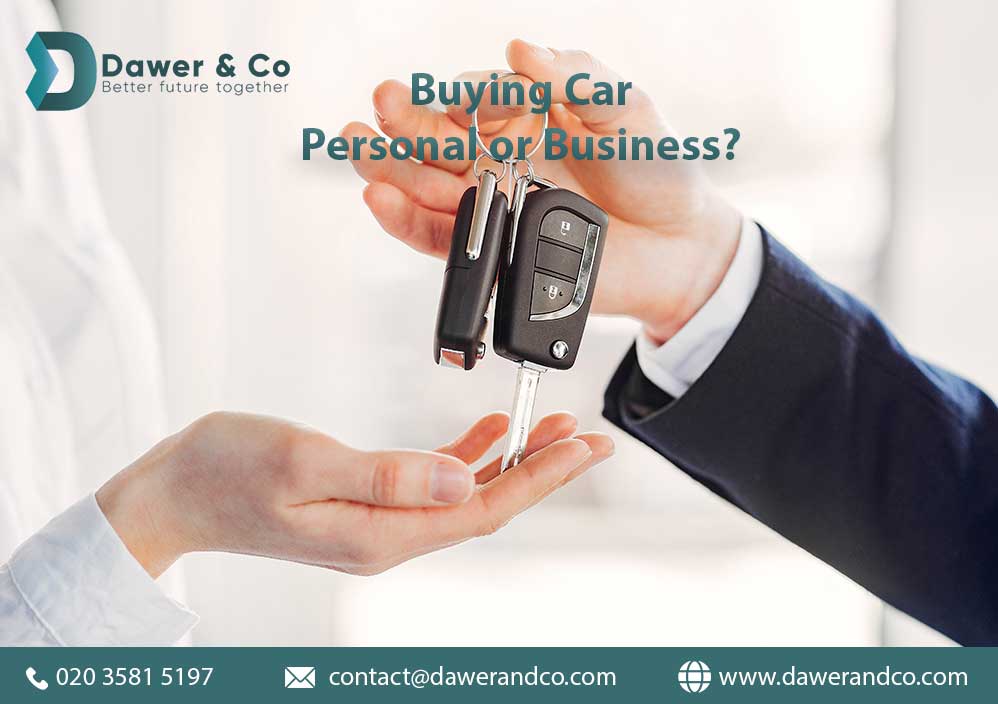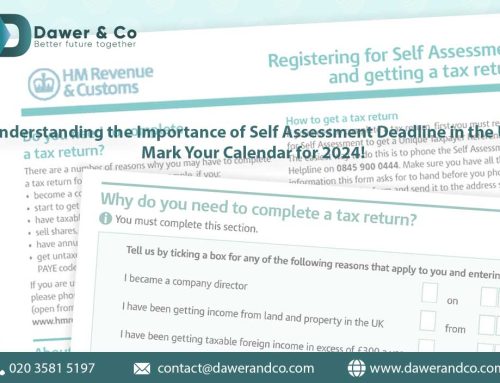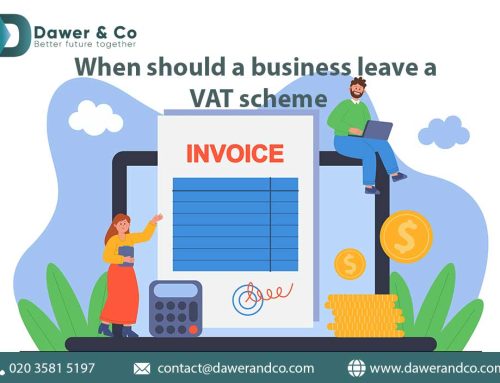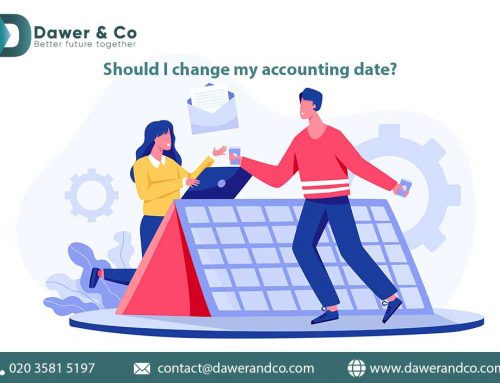This is among one of the most commonly asked questions.
Although tax laws are uniform, their implications might change depending on a variety of circumstances.
Since we at dawer and co accountants mostly cater small business owners (typically sole director shareholder), this article is mainly relevant for them.
I frequently get asked, “How should I go about buying a car?” Personal or professional? Which is the more tax-efficient method?
Let’s consider an example below:
Mr. X wants to buy a car and has selected three possible vehicles; an electric #car with zero emissions, a hybrid with CO2 emissions of 35g/km, and a petrol car with CO2 emissions of 100g/km. List price of these vehicles are similar to £50,000.
Mr. X wants to know how he should make the purchase of one of them, either through his business or personal, and how much tax can be saved in the process?
He has following options to make the purchase from his limited company/business:
Buy Outright
This is the simplest and most direct approach to purchase the vehicle if the business has enough cash reserves in its account.
Vehicle becomes company’s asset and gets depreciated over the years helping in reducing corporation tax. The purchase is eligible for VAT claims. There is no interest payable because the vehicle was not purchased with financing.
However, business vehicle insurance is expensive, and at the same time business has to pay the full cost of the vehicle, which may have a short-term negative impact on cash flow.
Hire Purchase (HP)
This is another way to purchase the vehicle, and is commonly used by the companies. In this case, like above vehicle becomes the asset of the company.
In this manner, the business does not have to use all the cash in one transaction. Instead the can acquire the vehicle by paying a small deposit upfront and monthly instalment thereafter.
The cost of interest is a business expense that can be deducted from the overall profits to reduce the amount of corporation tax owed. Typically, VAT is claimed at the time of purchase in accordance with the invoice.
Lease
Mr. X has the option to pay an advance deposit (upfront) followed by regular monthly instalments, which is quite similar to Hire Purchase.
The vehicle is now an asset of the business, and each instalment payment includes a VAT claim. In addition to being an expense, lease finance interest also lowers corporate tax.
NOTE: Under this method of purchasing a car, 15% of the lease payments (including interest and depreciation) are not recognised for tax reasons (tax computation) if the vehicle’s CO2 emissions are greater than 50 g/km.
Rent/Hire
This is one of the least common ways in use by most of the small business owners to acquire a car.
The car is essentially rented out on a monthly basis in this arrangement, and at the expiration of the contract, it is returned. Each monthly payment made in accordance with this is an expense to the company that lowers its corporation tax.
NOTE: Even in this case, 15% of the lease payments (both the interest charge and depreciation) are not permitted for tax computation purposes if a car has CO2 emissions of more than 50 g/km.
After carefully considering all of his alternatives, Mr. X has decided to pay in full for the car.
Let’s compare a purchase to a business or personal purchase to see what the tax consequences are and whether or not he may save any taxes.
Capital Allowances – this is a tax benefit available to companies depending on the CO2 emissions of the selected vehicle.
Any new or unused Electric cars with zero emissions will qualify for a first-year allowance of 100%, this means that full amount of the vehicle will get tax relief in the year of purchase. (second hand electric cars will not get 100% relief, but only 18% every year)
Cars with CO2 emissions of 1-50g/km will only get benefit of 18% written down allowance (WDA) and will be added in the main rate pool category.
Cars with CO2 emissions over 50g/km will be allocated in the special rate pool and will be given only 6% writing down allowances annually.
Therefore, Mr. X is of the opinion to buy new electric vehicle to get the maximum tax benefit.
Personal Use:
Mr. X will also be using the vehicle for his personal use, therefore a benefit in kind will trigger.
The amount of CO2 a car emits, as well as how far it can travel on battery power alone if it is a hybrid, are key factors in determining the benefit in kind. This is how far a car can travel entirely on electric power before the batteries need to be recharged.
Electric cars with zero emissions will be charged at 2% of list price.
For Hybrid cars, lowest is 2% if their electric range exceeds 130 miles, and highest can be 14% if the electric range is less than 30 miles.
For example, if Mr. X decides to buy Hybrid car with an electric range of 50 miles and list price is £50,000, then his benefit in kind will be £4,000 (8% of £50,000).
If it is a new electric vehicle then his benefit in kind will be 2% i.e. £1,000 and if it is petrol then it will be 25% of £50,000 list price (CO2 emissions of 100g/km) i.e. £10,000.
Benefit in Kind is an employment income and will be taxed in self-assessment (income tax) and any tax is payable by the individual, not the company.
Mr. X can purchase the vehicle by taking dividends from his firm, and he is also eligible to claim a mileage expenses for the business trips he makes in the car. The cost to claim is currently 45 cents per mile.
In this manner, he can obtain less expensive car insurance and avoid paying benefit-in-kind tax, but cannot claim VAT.
Latest changes may make difference?
Since 1st April 2023, corporation tax rates have increased from 19%, so perhaps buying through limited company may help in saving corporation tax?
Also, benefit in kind rates will increase, so it means if Mr. X buys car through company and use it personally as well, then he may end up paying more tax personally, especially in cases where CO2 is more than 50g/km.
It appears that purchasing a new electric vehicle through a firm is a better alternative right now and for the foreseeable future, but for longer periods of time, the situation may need to be reconsidered because doing so could be costly.
Now, sensible guy, Mr. X is eager to make an outright purchase of his new electric car!






